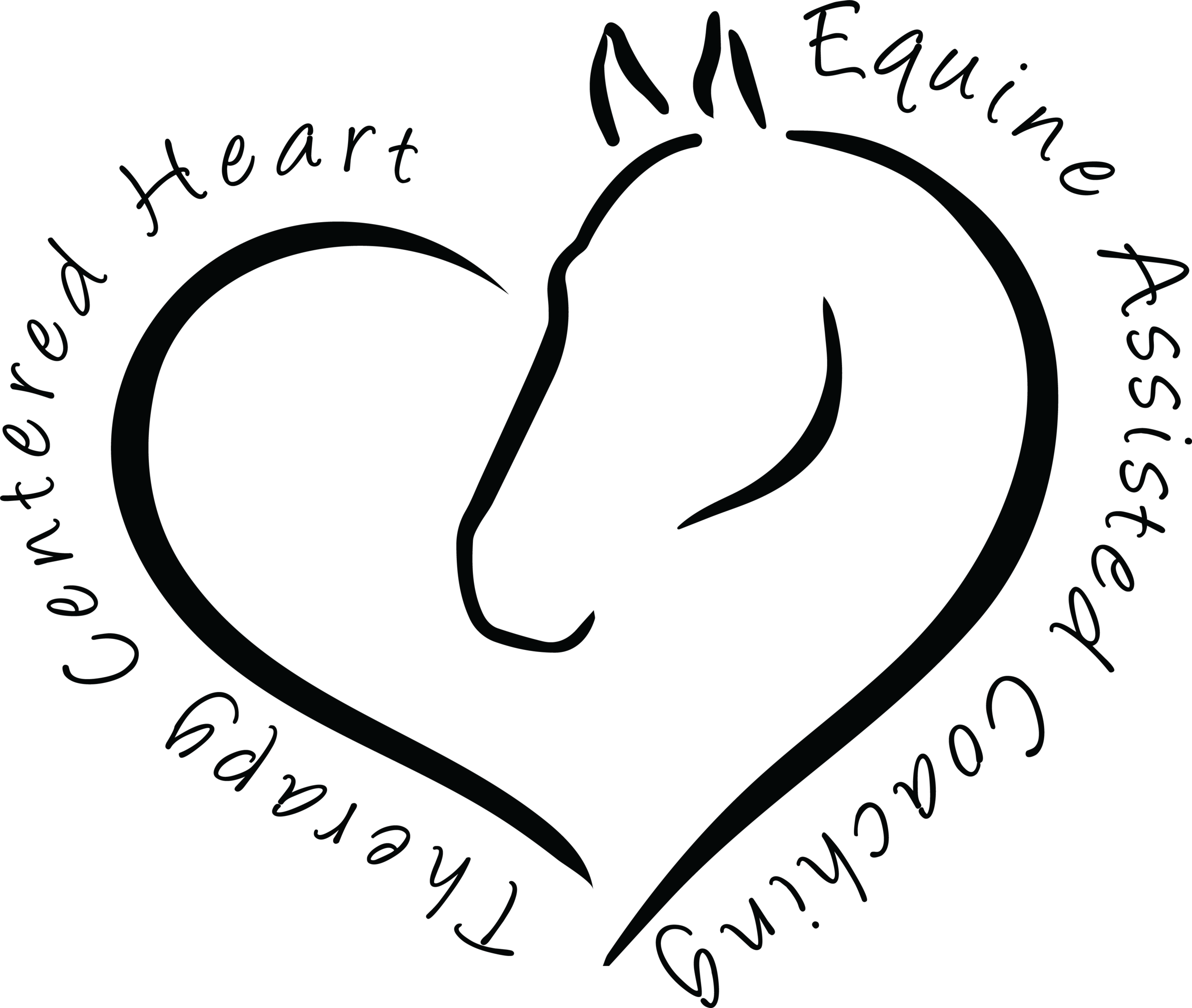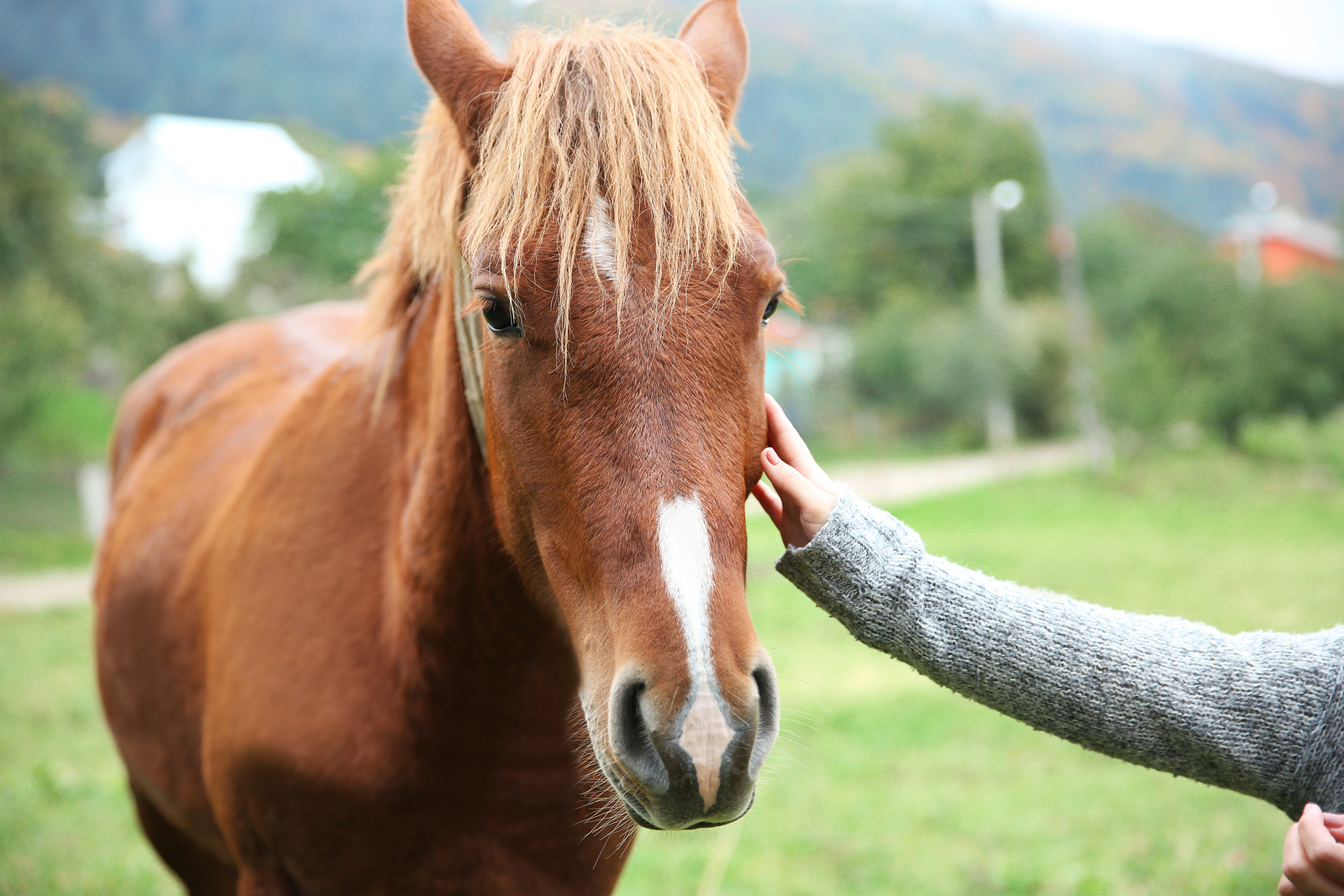Equine Assisted Learning Facilitator Training.
Horselink and Equine Assisted Learning Center are very excited to join together to offer the Facilitator Training Program in Equine Assisted Learning, based on the Eponaquest principles. Sharing our combined knowledge is a way to expand the possibilities of this dynamic work. The Facilitator Training Program provides opportunities to deepen the understanding of the relationship between horses and humans.
The training will guide prospective Equine Assisted Learning facilitators in gaining proficiency in this emerging field. Participants will learn to create an environment that supports personal growth and well-being with various populations through horse-centered experiential learning. Throughout the training the focus will be on inspiring the process of self-knowledge and developing skills and experiences to create an Equine Assisted Learning program that honors horses as valued and respected members of a team. This is an incredible journey of discovery, learning and transformation.
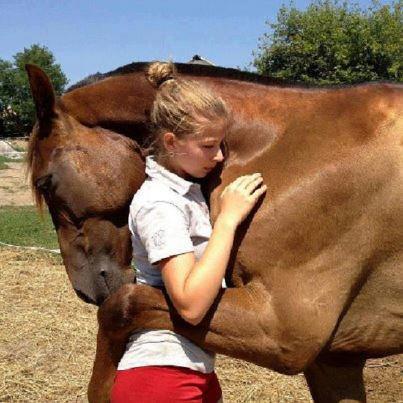
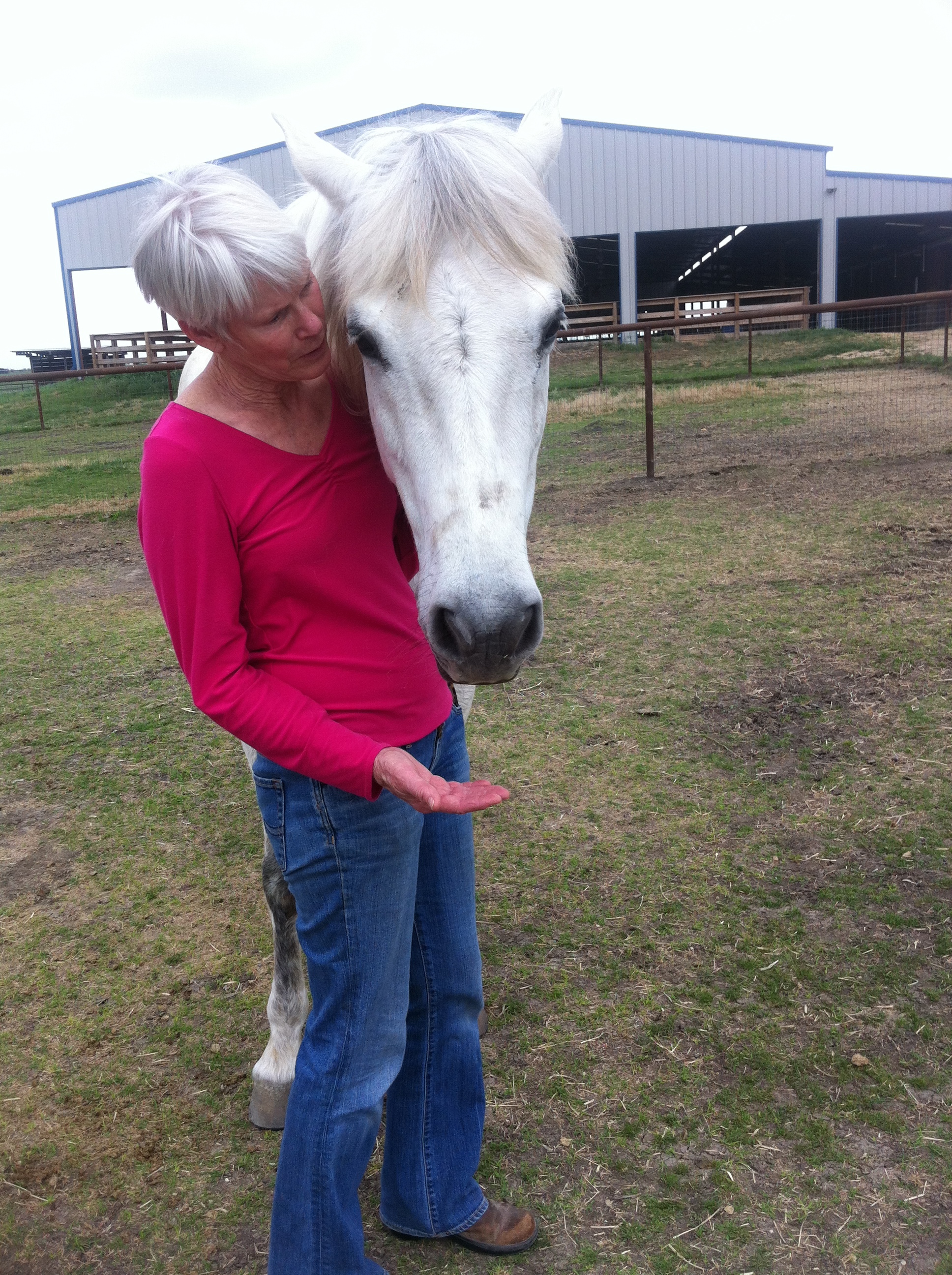
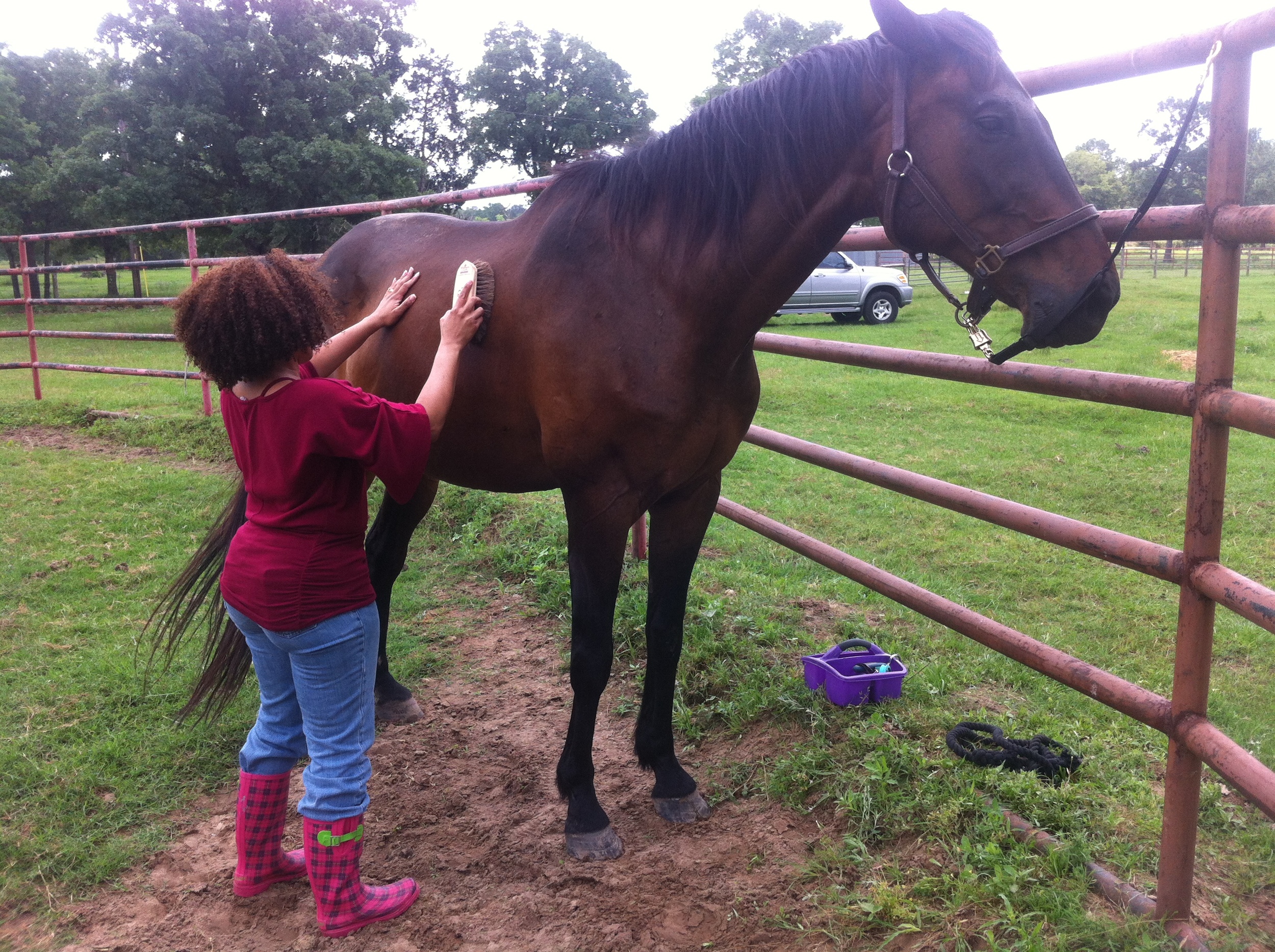
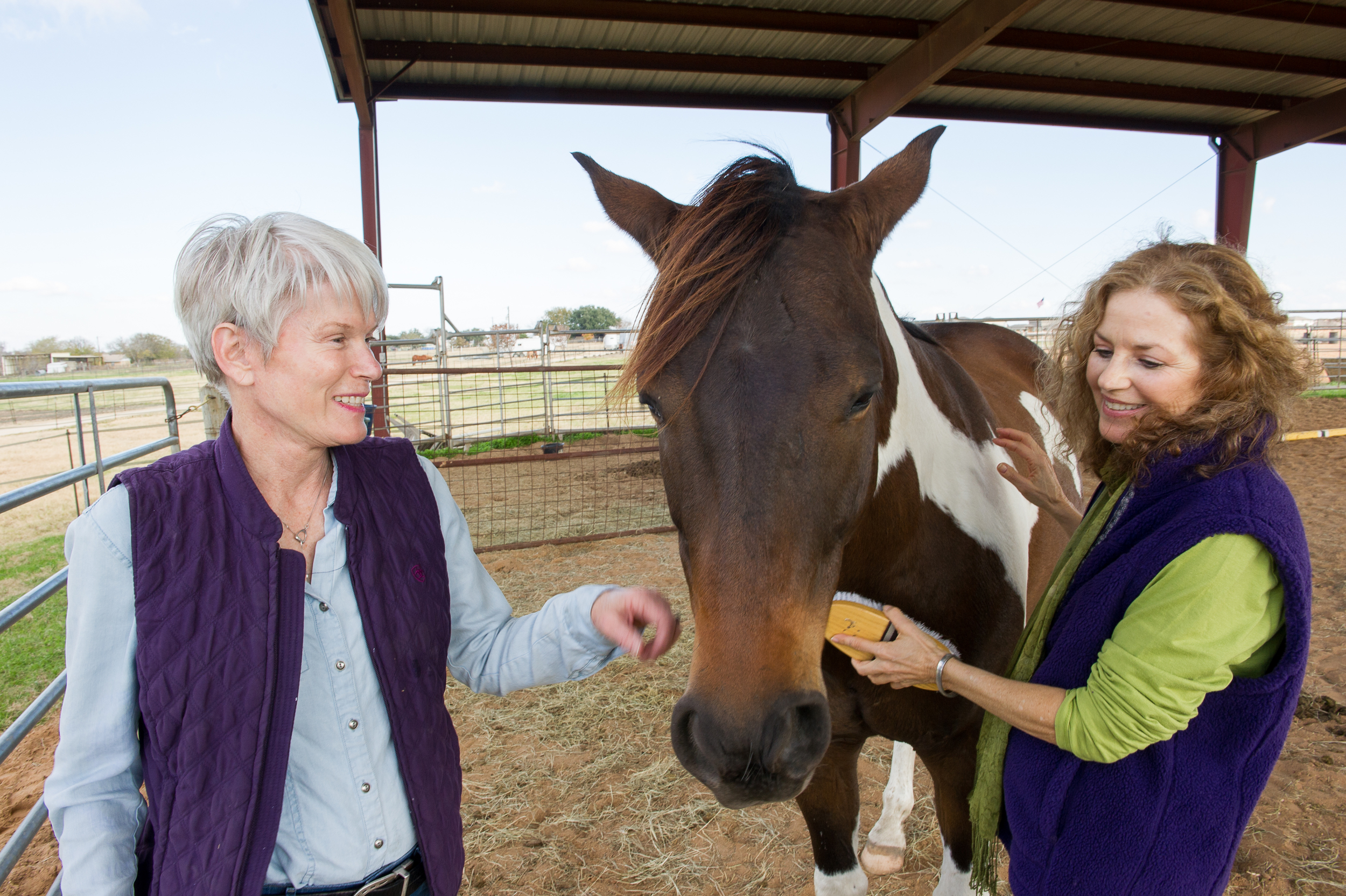
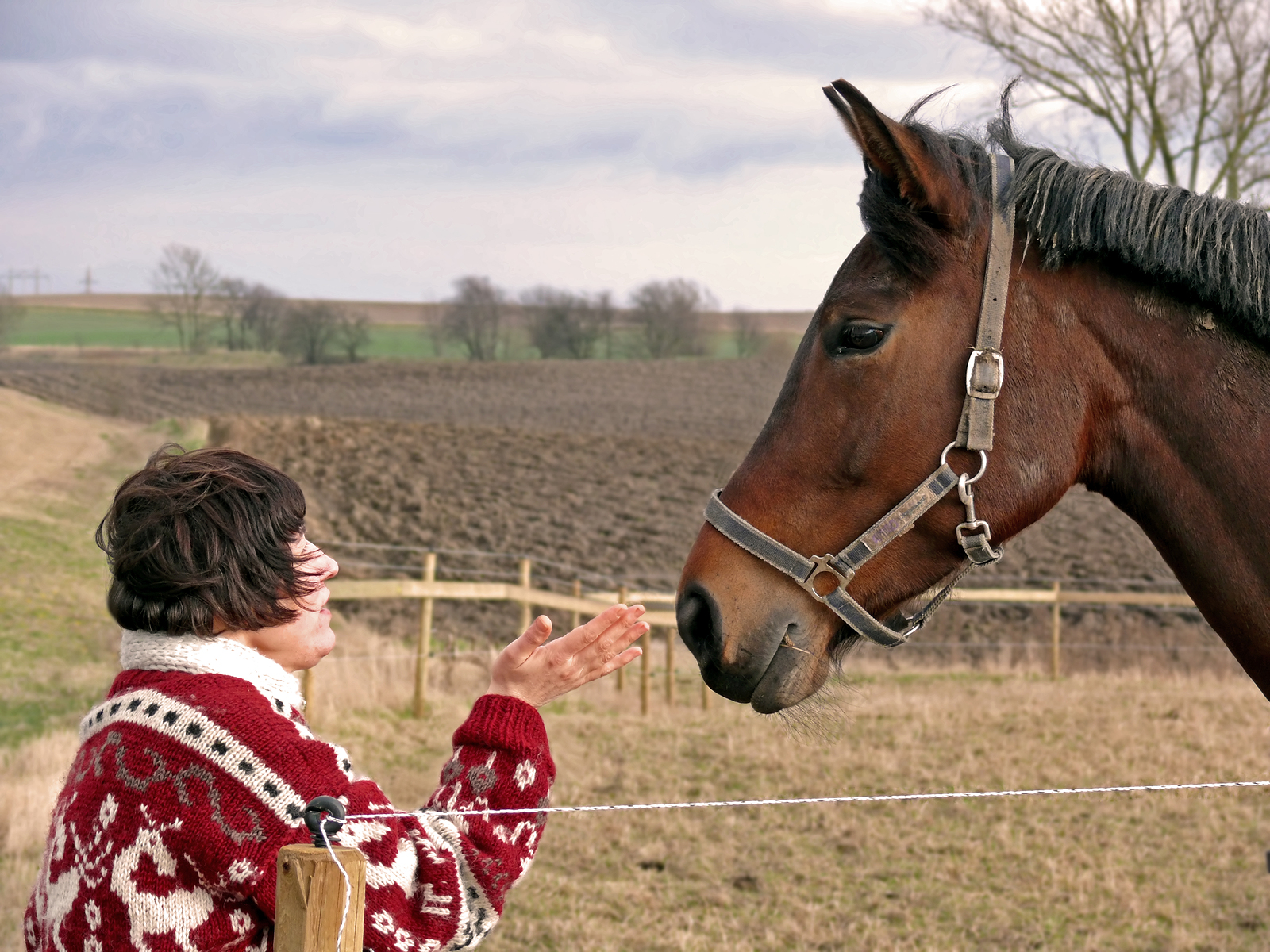
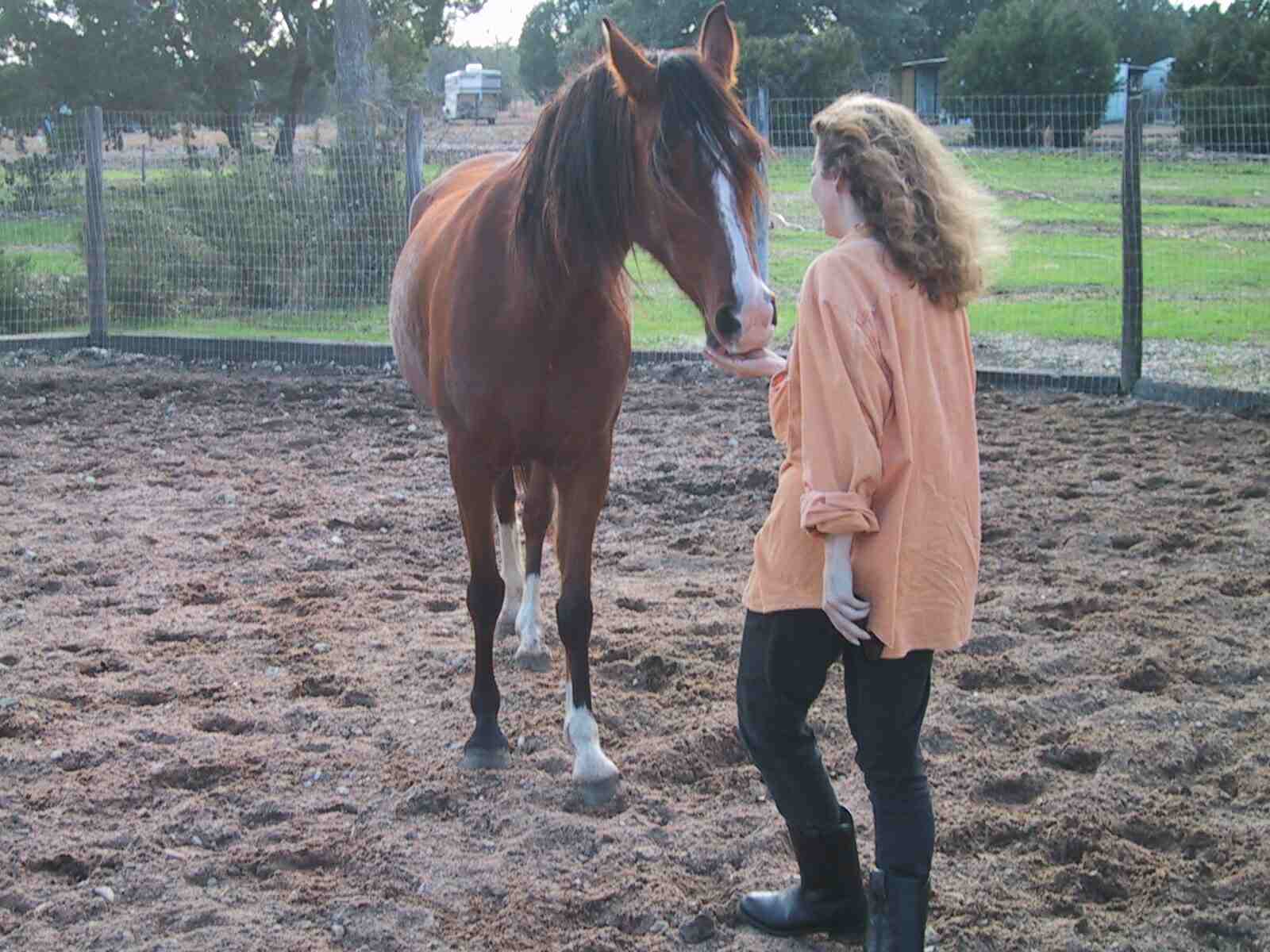
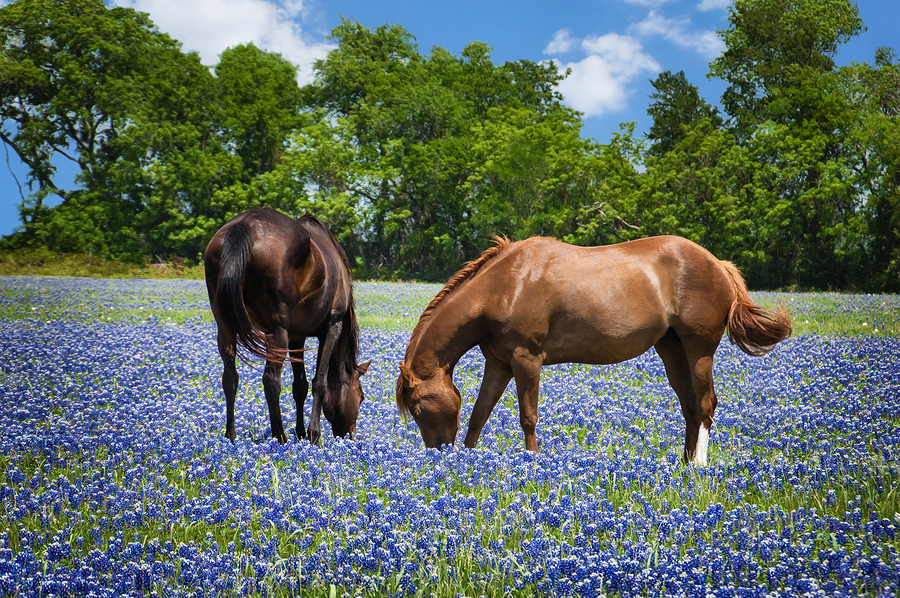
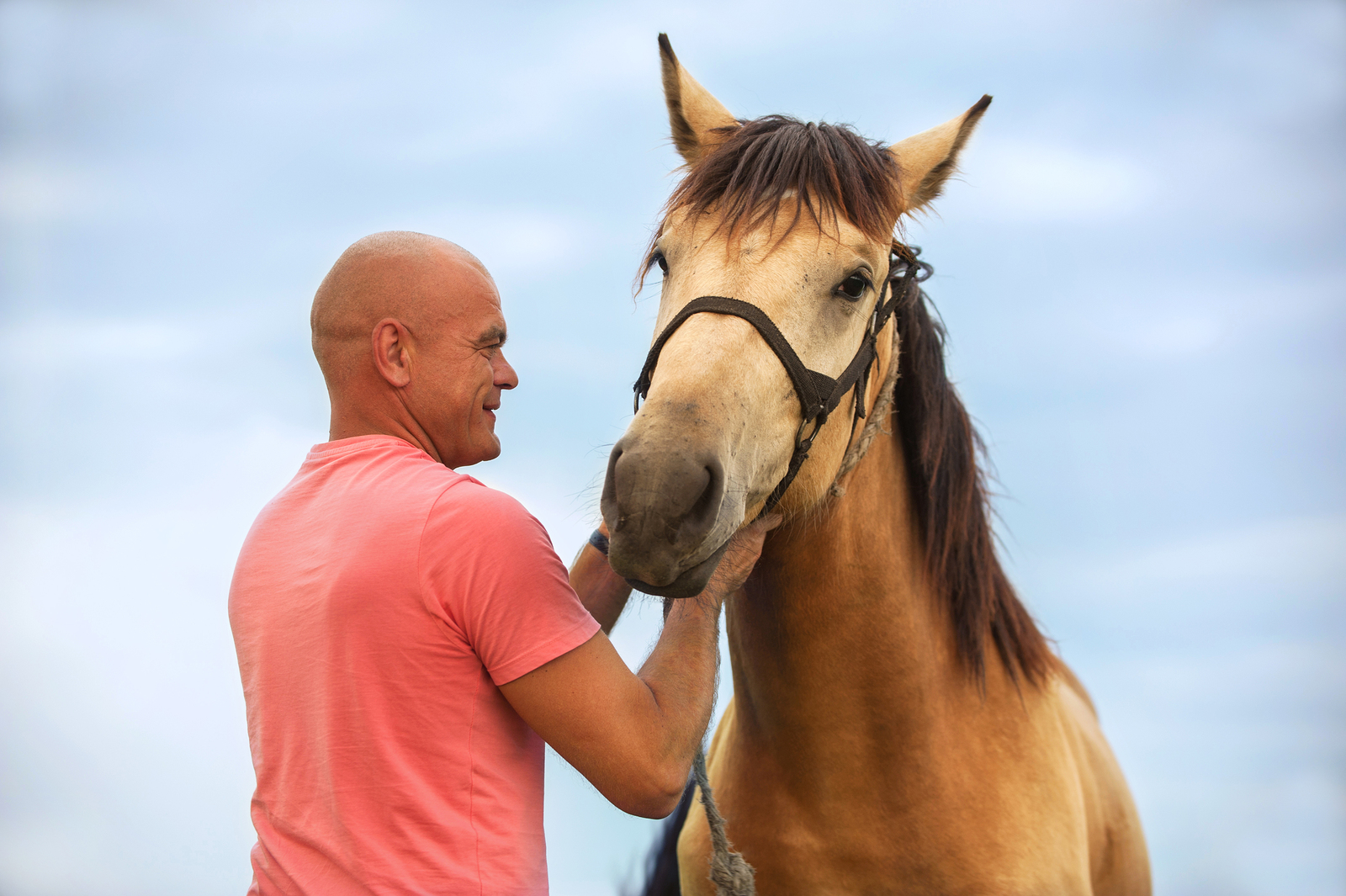
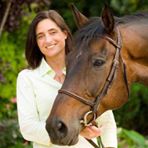
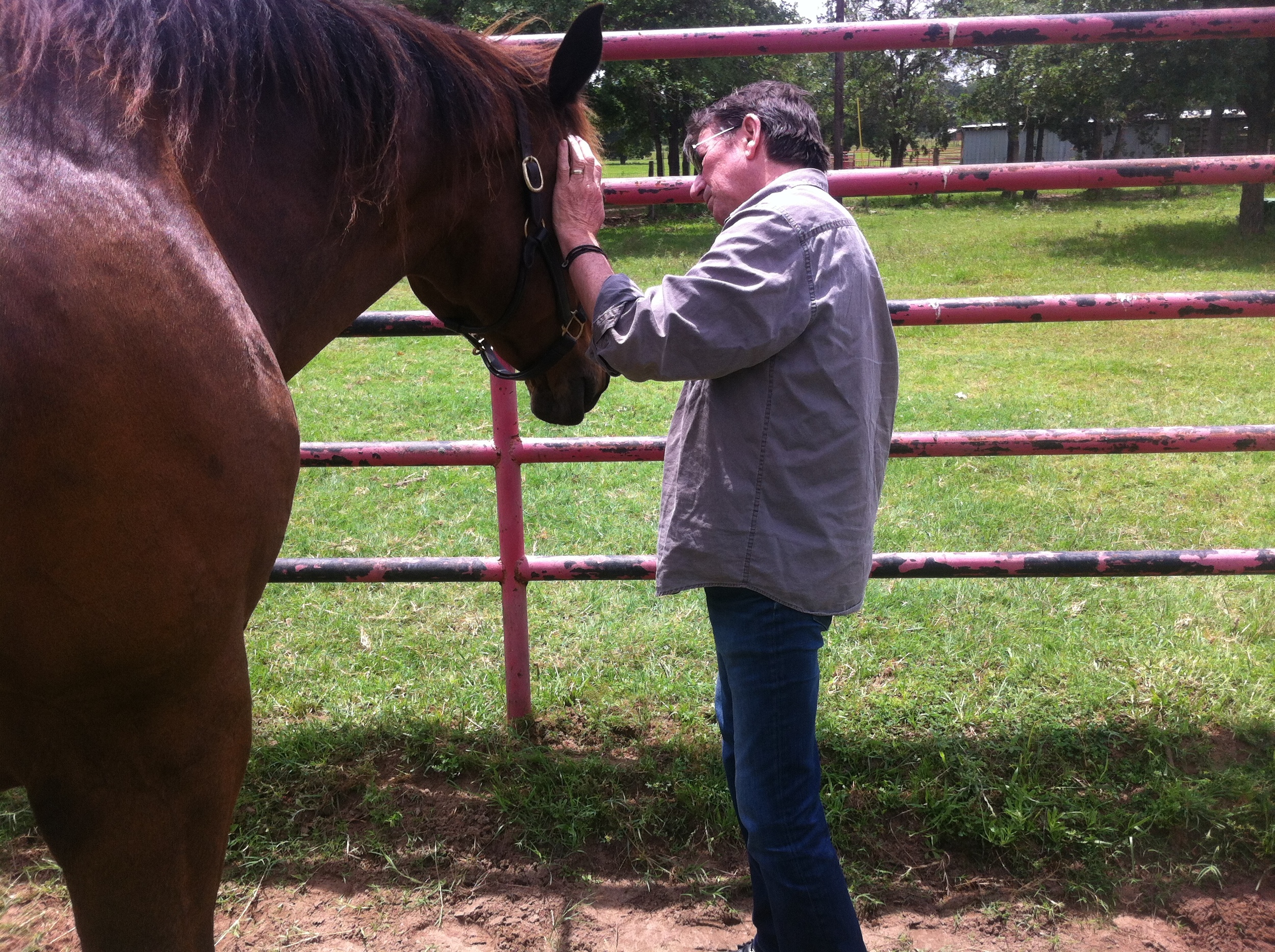
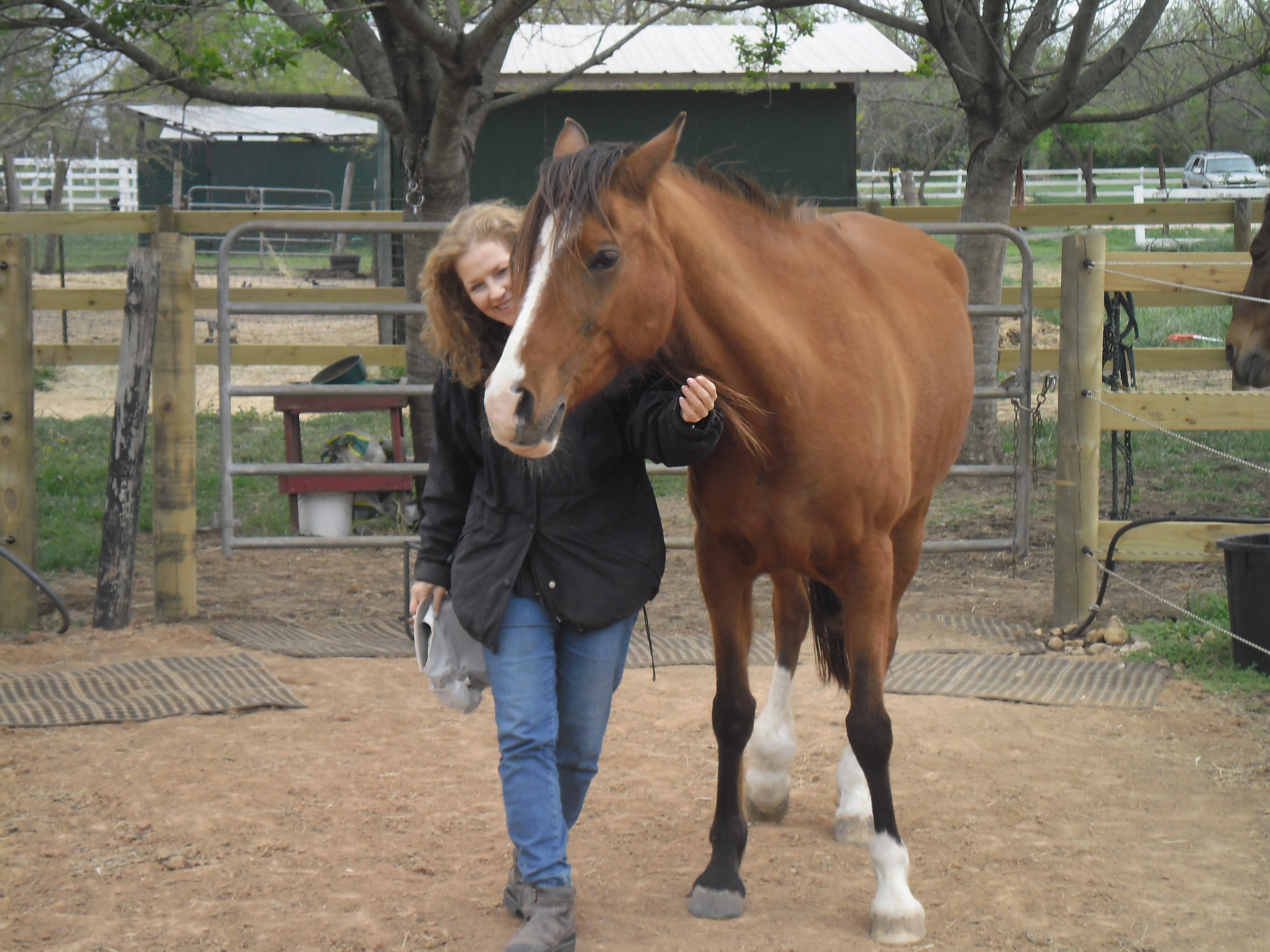
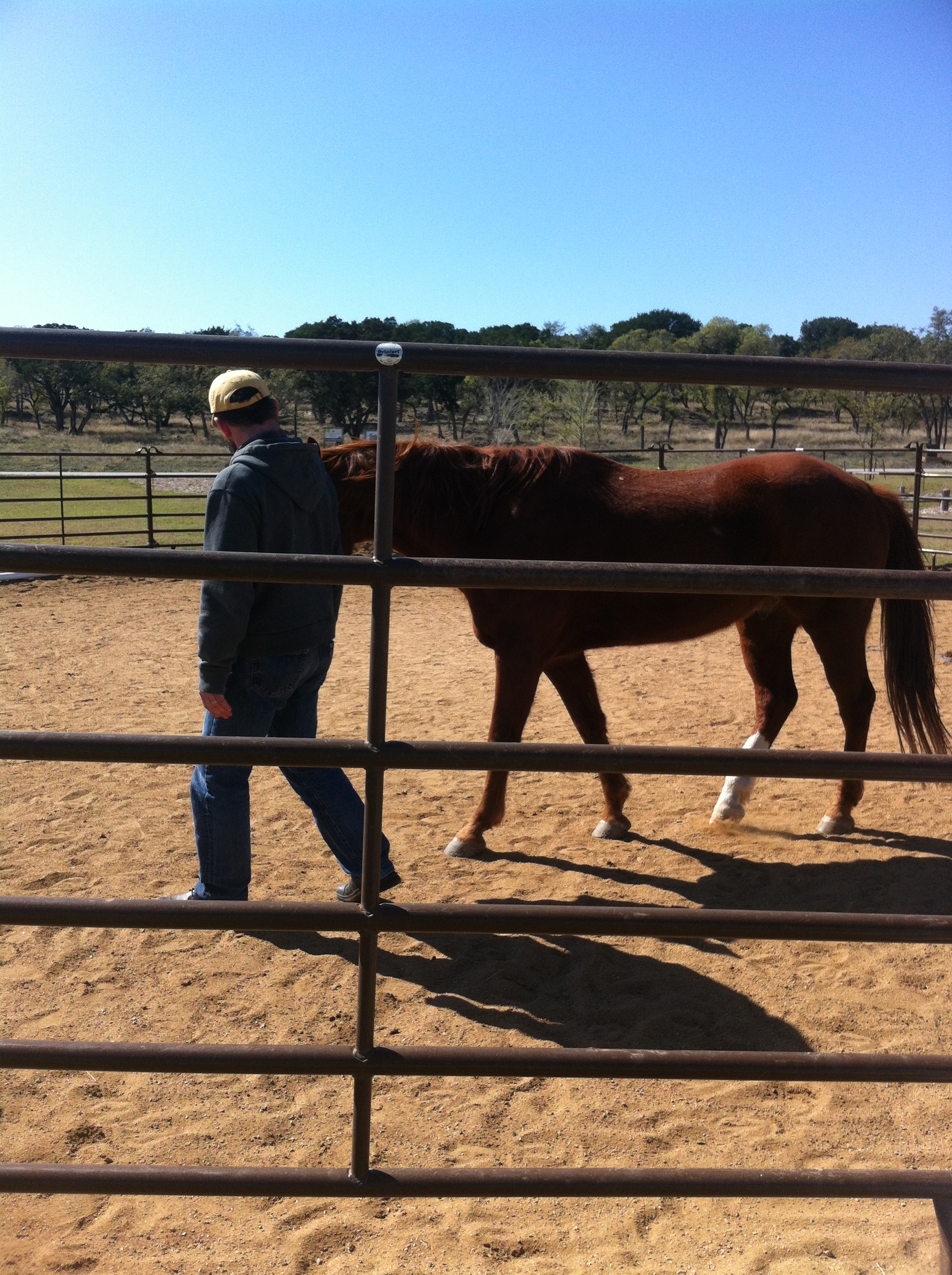
You Will Learn the Methodology and Skills to Facilitate People.
In the certification training program, you will learn to facilitate participants through non-riding experiential activities to deepen their awareness of personal issues, core feelings and areas of bodily tension that inhibit their ability to reach their true potential. With Equine Assisted Learning Center, participants work closely with one or more horses to gain insight into their own strengths and challenges. Horses help participants develop skills in staying present, being authentic and congruent in their actions, listening with awareness and learning the difference between being empowered and present vs. controlling a situation, the difference between their authentic and adaptive responses.These unique experiential workshops will provide opportunities for participants to expand their capacity for self-awareness in a playful and safe environment.
You will learn to guide people to:
Become emotionally resilient by understanding and utilizing the messages of emotions. Horses teach us how to translate emotion into useful messages that can guide our lives in positive ways.
Develop the ability to use the body as information and access its wisdom to become "present" and "grounded" in the moment.
Communicate authentically. By being aware of any incongruence of feeling one way and acting another will become more emotionally honest and compassionate in their interactions.
Expand the ability to use all of the senses in gathering information and making decisions.
Learn how to be aware, set and maintain healthy personal boundaries. Participants will get an experience of what people and horses need in order to feel safe and open to interactions.
Lead by example and explore leadership through interactions with the horses. Participants will gain an understanding of a compassionate-based model of communicating.
Discover false self-messages that limit full participation in life. Underneath the mask of the false self, participants discover the strength and wisdom of the authentic self as a way of living their life more fully.
Intention and Approach.
Our intention is to develop a learning environment that feels safe for both people and horses. Safety will be the cornerstone of our focus throughout the whole training. We will support and develop a calm and flexible atmosphere that allows the most optimum learning potential.
The FTP is based on Eponaquest's principles, practices and exercises developed and established over 15 years in Equine Assisted Learning. In addition, it draws on principles of natural horsemanship and horse behavior, somatic psychology, mindfulness, and the neurobiology of trauma.
The approach of the training program centers around the dynamic relationship between the horse and the client. The focus is on the experience in the interaction rather than the outcome of a tasks or of therapeutic riding. Developing the relationship is the key. Facilitating clients in EAL becomes part of an ongoing process that can be an adjunct to other types of personal development or therapy. You will be able to develop the skills to provide workshops and individual sessions on your own.
Who Can Participate in this Training?
This in-depth training program is suitable for someone who has experience in a profession that involves working with people and one that works with horses. You are a good candidate for this program if you already work in a helping profession such as therapists, coaches, educators, facilitators, physical therapists, massage therapist, doctors, nurses and have experience with horses. Also, if you are an equine professionals and have experience working with people you would be eligible.
During the program you will be mentored and evaluated in key areas. If you need to increase your competencies in any area we may recommend extra resources outside of the training.
Standard of Excellence.
EAL is becoming more widely used and efficacious across several disciplines. You will be learning best practices to add to your own practice, or embark on a new career path. EAL is being used with substance abuse, the military, medical students, trauma, illness, loss and injury recovery, couples and individual therapy.
Facilitator training reflects a standard of excellence in the field of EAL. It builds trust and recognition with clients and will increase the marketability of your own EAL program.
Supervision and Post-Program Support.
Upon completing the training program you will be required to assist in a workshop, and then be supervised while facilitating a workshop to complete your certification training requirements.
Participants will receive ongoing mentoring as needed as needed both throughout the program.
Training Details.
The training is an in-depth program which will be taught over one year. It consists of on-site instruction and experiential learning spread over six sessions.
Training dates: TBA
The training will be split into six 3-day sessions every two to three months. Training sessions will meet Thursday- Saturday at the Horselink ranch in Bastrop. Please note the last module only will meet Friday-Sunday.
Class size will be limited to eight people to insure personalized attention and support.
Community.
In the training we will come together to form an Authentic Community that fosters principles of congruency over conformity, collaboration over competition, authenticity over perfection, and experimentation over striving.
Our community of humans and horses will be the container for personal and professional discovery and learning. Horses live in communities and model for us how to live together with mutual respect and responsibility. As part of our Authentic Community, you will develop a confidence based on your own ongoing personal process and leadership style. You will learn facilitation skills and group dynamics, how to facilitate the horse/human relationship, neurobiology of trauma and regulation, and horse psychology and behavior. We will be working with Horsemanship skills throughout, however, it is not within the scope of the training to provide in-depth training in this area. If you need more experience with horses we will help you find resources to supplement your learning.
Pre-Requisites.
The pre-requisite for applying to the Facilitator Training Program is taking one of our four day workshops, The Power of Possibility.
This is to ensure you have the opportunity to experience this work first-hand to discover if the program is a good fit for you and where you will begin to do personal foundational work necessary for applying to the facilitator program.
Dates for Pre- requisite workshop:TBA
Investment.
Email for more information for the year long Facilitator Training .
There is a non-refundable application fee of $50 to apply to the Facilitator Training. You can email is for further details.
**The training is available as a whole program and is NOT available in parts. Remaining in good standing is part of the requirement for graduating and receiving certification.o
Eponaquest Apprenticeship.
With your facilitator training, you will be eligible to apply for Eponaquest Apprenticeship training if you choose. Completion of FTP in Austin, provides you with the training that you will need to fulfill the Eponaquest Apprenticeship requirements. You would then be able to apply for a special 1 - 2 week program in Arizona to become an Eponaquest Apprentice.
** Please note: This is an optional training and not necessary in order to begin conducting EAL workshops.
Instructors.
Lynne Silver, MA, LPC, AAI Advanced Approved Instructor of Eponaquest Equine Assisted Learning, is the co-founder of Equine Assisted Learning Center and Program Director for Horselink. Lynne draws on her 30 years of clinical experience along with specialized training in Somatic Psychology, Trauma Integration and Equine Integrative Bodywork and Healing.
Lynne is trained in an Equine Facilitated Learning Program at the Epona International Study Center in Sonita, Arizona. Lynne has provided Equine Assisted Therapy and Learning workshops and individual sessions for the past 20 years.
Sarah Janosik LCSW,i licensed clinical social worker in private practice for more than 20 years. She holds a Master of Science in Social Work (MSSW) degree from the University of Texas at Austin, and completed a post-graduate internship at the University of California Medical School, San Francisco, in Human Sexuality. She is the co-founder of the Relate Center in Austin.
Sarah is an Epona-approved instructor, trained in an Equine Facilitated Learning Program at the Epona International Study Center in Sonita, Arizona. She facilitates equine-based awareness and growth workshops and equine psychotherapy. Julie Puentes is the founder and director of HorseLink. She received her Master of Science degree in Organizational Leadership & Ethics from St.Edward’s University and her BA in Psychology from the University of Texas.
Julie Puentes is the founder and director of HorseLink. She received her Master of Science degree in Organizational Leadership & Ethics from St.Edward’s University and her BA in Psychology from the University of Texas.
Julie is a lifelong horse person and rider with fourteen years’ experience facilitating Equine-Assisted Learning programs. She is a trained facilitator in the Epona Method, completing a comprehensive 14-month program at Leadership Outfitters in Bozeman, Montana and several workshops with Linda Kohanav of Eqonaquest.
Commitment.
Ultimately the process of becoming an EAL facilitator is primarily a commitment to your own ongoing process of self-awareness and personal excellence; it is a commitment to living authentically. Through your own journey and embodied presence you learn how to facilitate others.
"You can only take someone as far as you have gone yourself."
Contact info.
Lynne Silver, MA, LPC, AAI : 512-657-4901
We look forward to sharing this inspiring journey with you.
